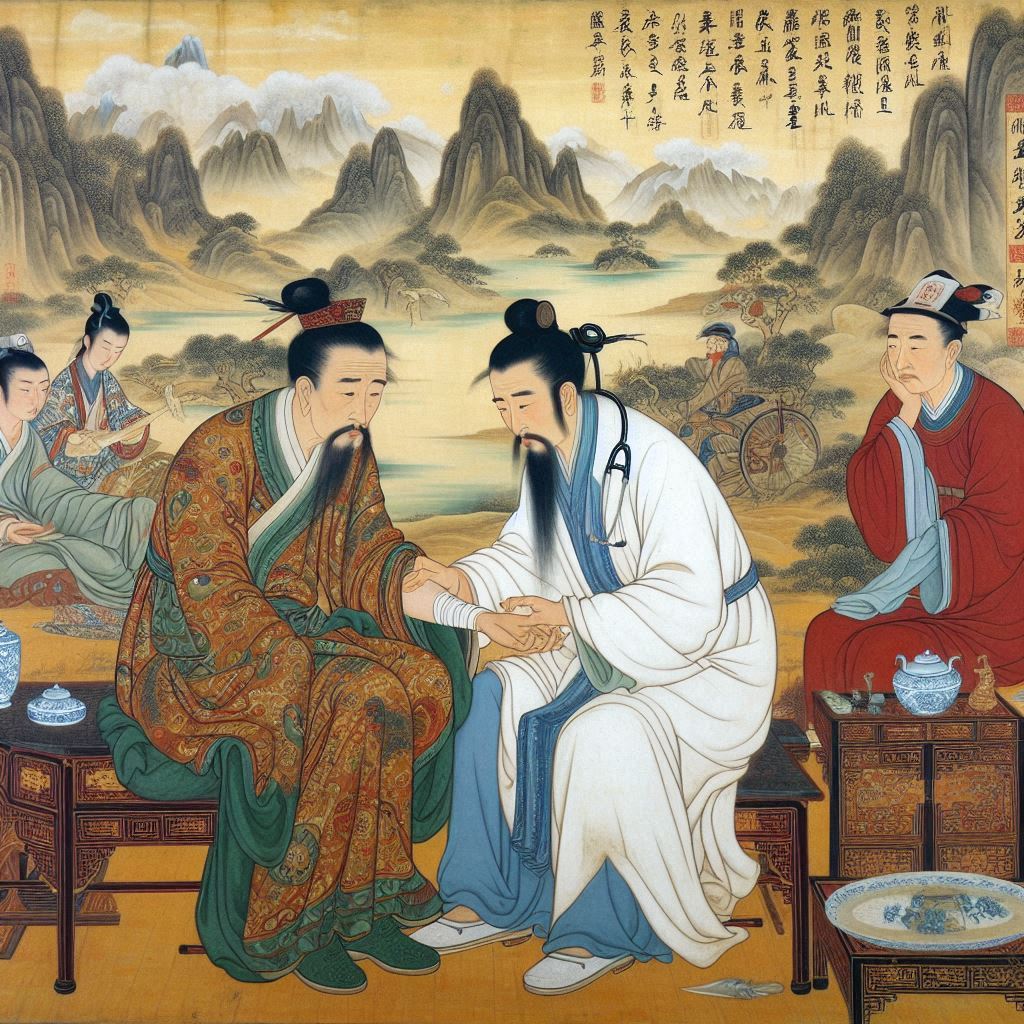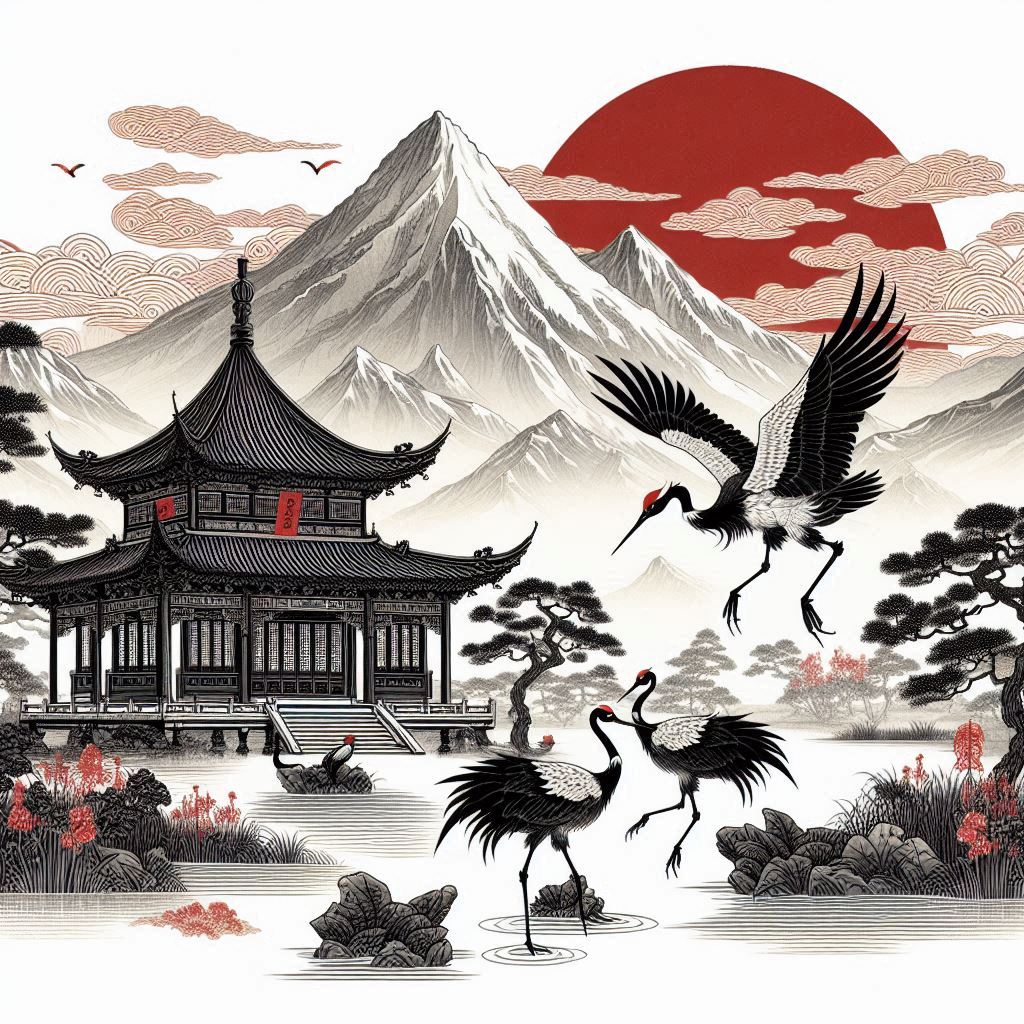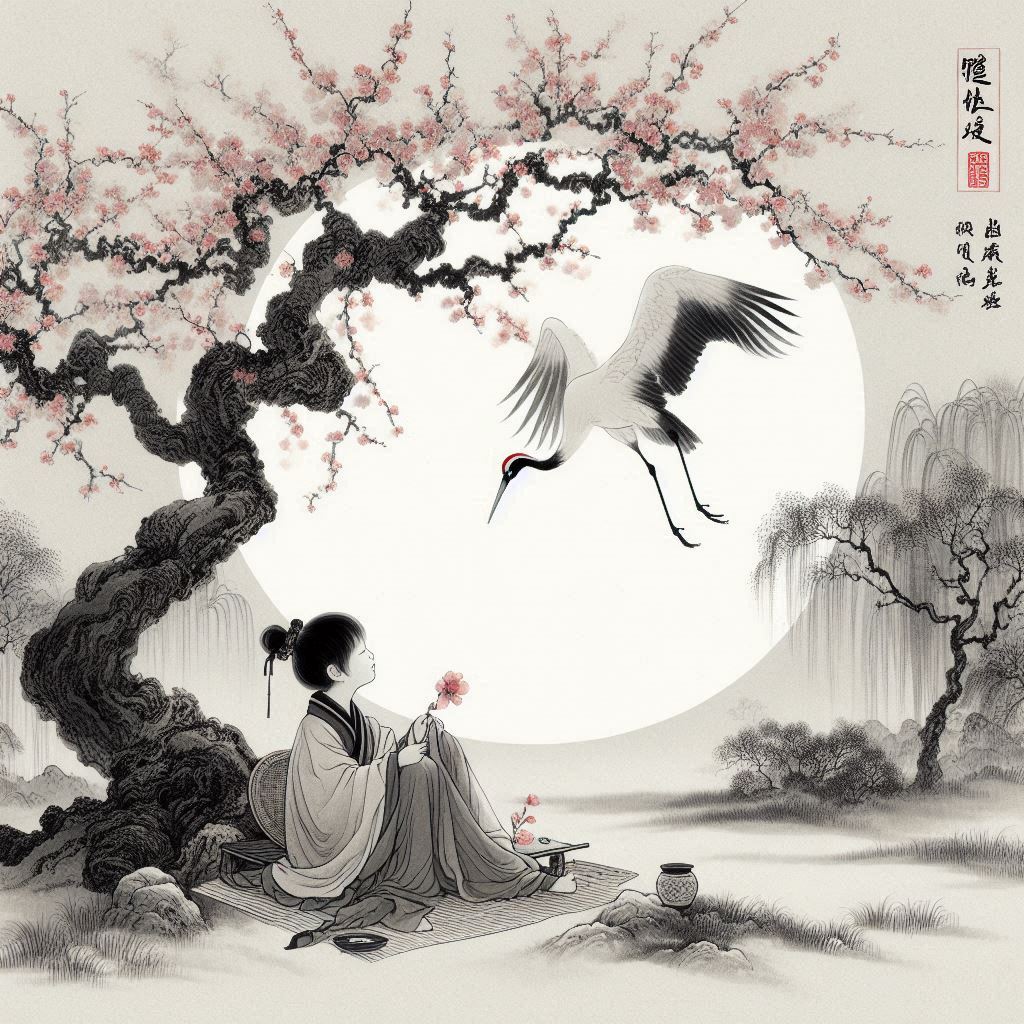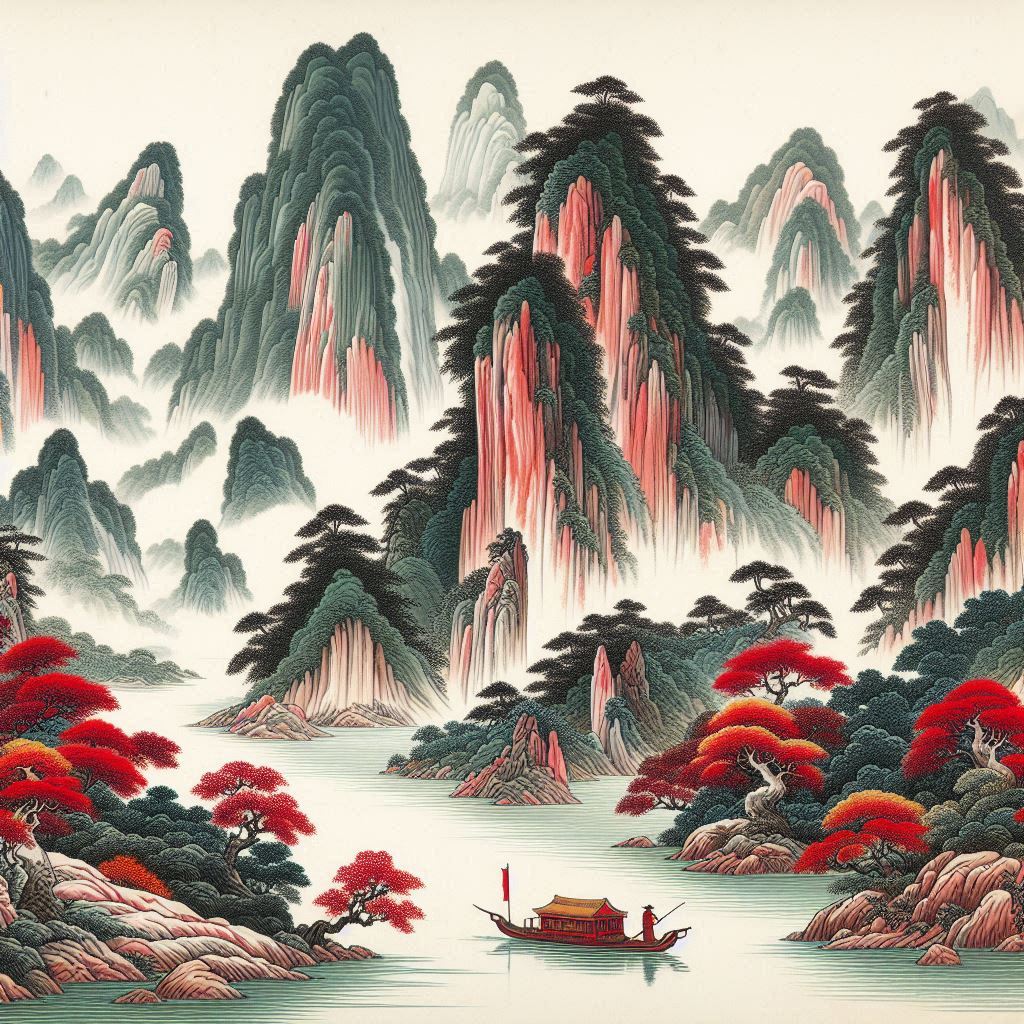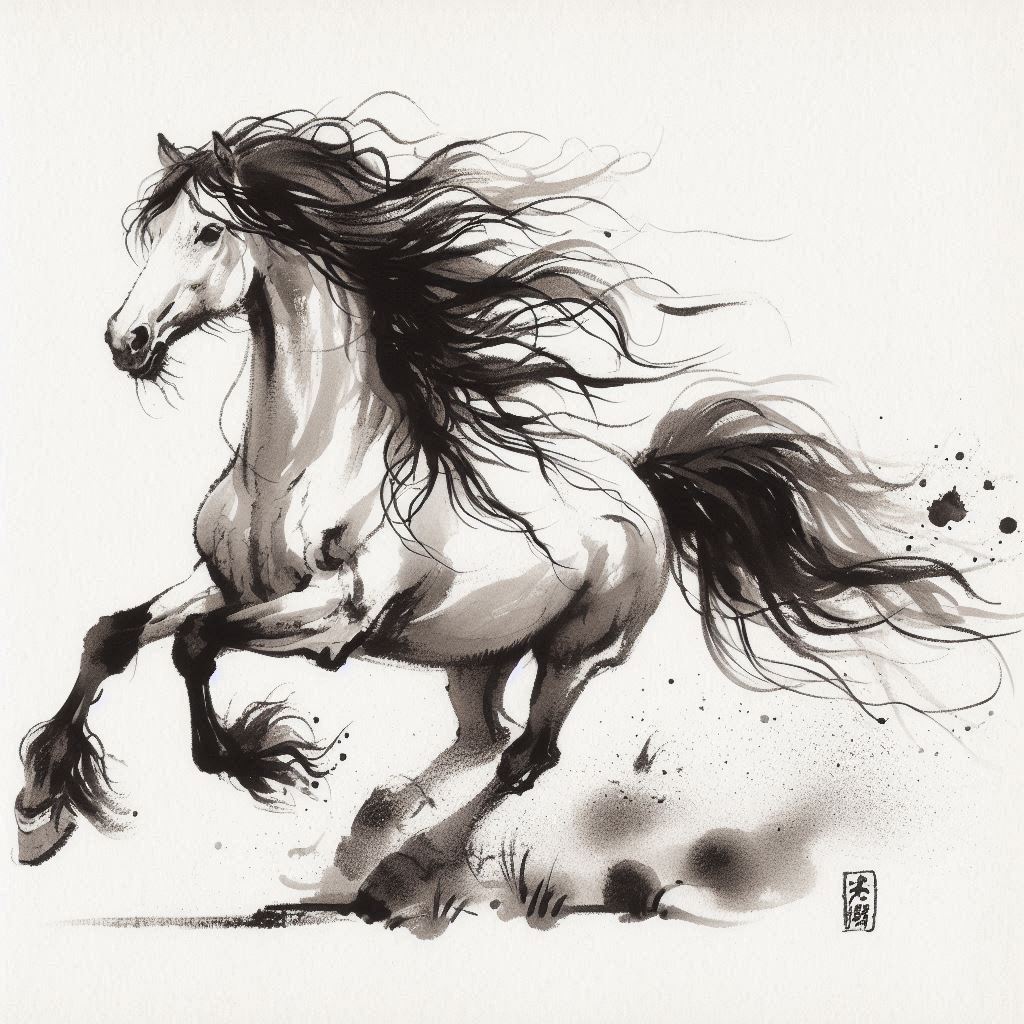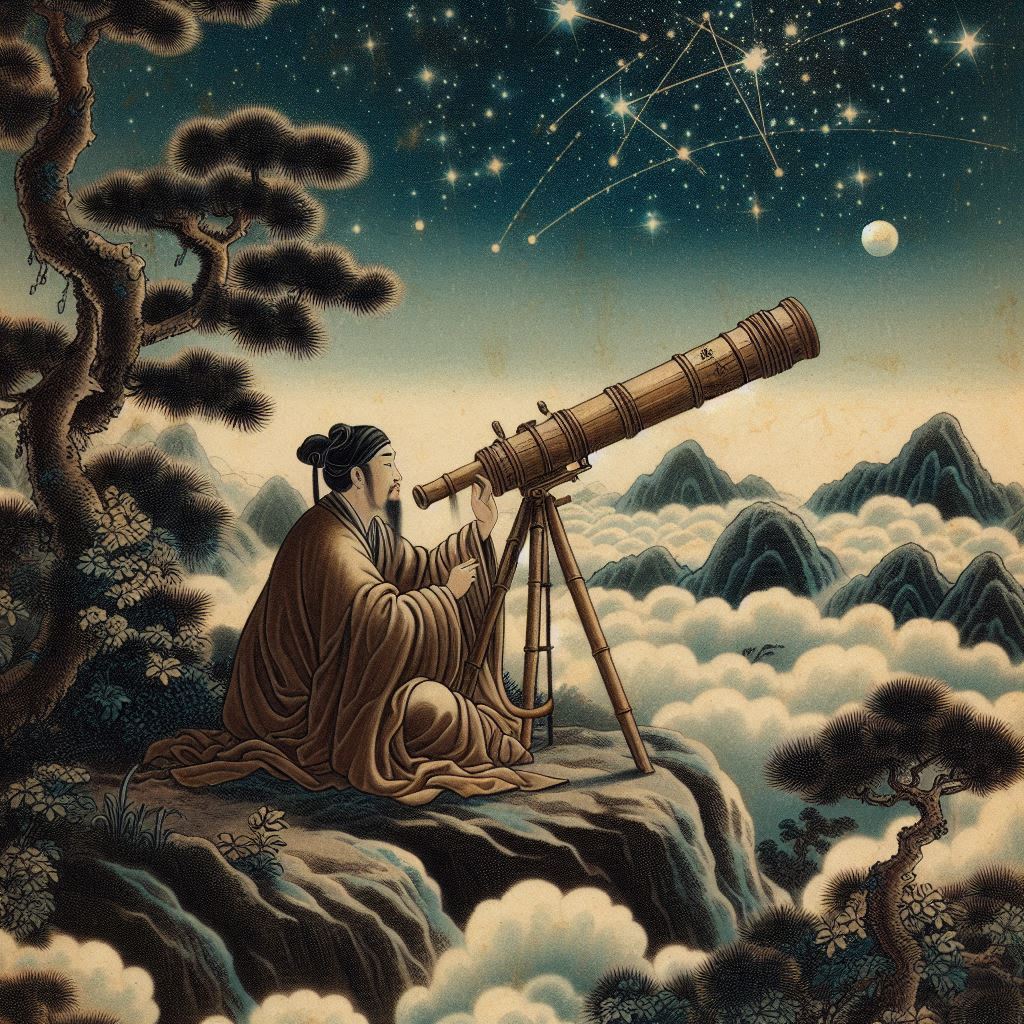The Gallbladder is the partner organ of the Liver. In traditional Chinese medicine the Liver is often referred to an army general(1). Just like an army general on the field the Liver is the strategist in the proper advancement of body functions, ensuring the smooth flow and proper direction of Qi. Thus the Liver is the origin of courage, confidence and determination that governs our capacity to plan our life(1). Being the Liver’s partner organ “the Gallbladder seems to be the upright officer who is in charge of making a decision” (pg.114)(2) Thus in traditional Chinese medicine the Gallbladder is responsible for our ability to make decisions(1)(3).
People with healthy Gallbladder are initiative, decisive and not afraid to make changes. On the other hand people with deficient Gallbladder are indecisive, easily discouraged(1), timid and frightened(2)(3).
From Western science we know that the Liver produces bile to aid the digestion, which is stored and secreted by the gallbladder. The bile is a bitter dark green to yellowish brown fluid, that aids the process of digestion of lipids in the Small Intestine. When food is ingested the bile is discharged in the first part of the Small Intestine, called duodenum. There, together with the pancreas, which releases bicarbonate and digestive enzymes, the bile aids the breakdown and absorption of food(2). Thus the liver and the gallbladder play an essential role in the digestion and in TCM both organs have close relationship with the Spleen/Stomach partnership. A deficient Gallbladder will manifest in some digestive issues such as loss of appetite, diarrhea and distention of the epigastrium(2).
Both the Liver and the Gallbladder in TCM are responsible for nourishing the sinews(1). The difference between the two organs is that the Liver nourishes the sinews with blood, while the Gallbladder nourishes the sinews with Qi(1), contributing to their vitality.
The Qi of the Gallbladder needs to flow downwards. When this healthy function is obstructed it may give rise to a bitter taste in the mouth(4) (the bile has bitter taste) which is a typical symptom of Gallbladder disharmony.
YS
(1) Maciocia, Giovanni (1989). The Foundations of Chinese Medicine. Edinburgh: Harcourt Publishers Limited
(2) Zhang, Enqin (1990). Basic Theory of Traditional Chinese Medicine. Shanghai: Publishing House of Shanghai College of Traditional Chinese Medicine
(3) Yang Weiyi, Meng Fanyi, Jiang Yuanan(2002). Diagnostics of Traditional Chinese Medicine. Beijing: Beijing University of Chinese Medicine and Pharmacology
(4) Deng Liangye, Gan Yijun, He Shuhui, Ji Xiaoping, Li Yang, Wang Rufen, Wang Wenjing, Wang Xuetai, Xu Hengze, Xue Xuiling, Yuan Jiuling (1987). Chinese Acupuncture and Moxibustion. China: Foreign Languages Press
Related Articles:
Damp-Heat in the Gallbladder
Herbs that clear heat and dry dampness and benefit dampness in the Gallbladder
The Liver and anger
The Liver, the season spring, and spring foods that cleanse the Liver and Gallbladder
Heat in the Liver
Herbs that cool the blood and benefit Heat in the Liver
Liver Qi stagnation
Herbs that regulate the Qi and benefit Liver Qi stagnation
Liver Blood deficiency
Herbs that tonify the blood and benefit Liver Blood deficiency
Please read our Disclaimer

